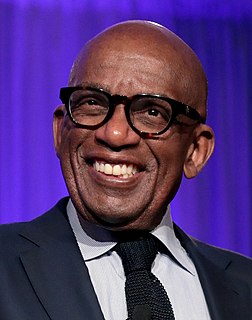A Quote by S. E. Hinton
Greasers will still be greasers and Socs will still be Socs. Sometimes I think it's the ones in the middle that are really the lucky stiffs.
Related Quotes
That's why people don't ever think to blame the Socs and are always ready to jump on us. We look hoody and they look decent. It could be just the other way around - half of the hoods I know are pretty decent guys underneath all that grease, and from what I've heard, a lot of Socs are just cold-blooded mean - but people usually go by looks.
The middle way is still driving on the wrong side of the road; it still permits the killing of the fox for pleasure. One cannot kill half a fox. Like Monty Python parrot, a fox torn apart by hounds remains dead, deceased and off its perch for ever. Before the fox has been dispatched - sometimes quickly, sometimes slowly - it will have suffered the agonies of the pursuit by animals four times its size and four times its strength. The middle way is a compromise that still seriously compromises the welfare of the fox.
I suppose the book I really remember loving as a child was one called 'The Outsiders' by S.E. Hinton, about a gang of kids from the wrong side of the tracks in Sixties Oklahoma. I grew up in the Eighties in Nottinghamshire, but this tale of troubled, but essentially good, kids - or 'greasers' - was something I completely connected with.
Sometimes people have said that Islam, in its own calendar, is still only in the Middle Ages. It's still in the fifteenth century or whatever. And Christianity in the fifteenth century, after all, was full of inquisitions and burnings at the stake, and so on and so on. So give Islam time, and it will reach the point of maturity that other religions have. But Mormonism is much younger than Islam, and it's got there already. So I don't think that's an argument that works.
We were in the middle of a sandbar in the middle of the ocean with no one around, and still someone was following me from New York, and was hiding in some bushes like a mile away with a long lens, so he still got pictures. It was really an eye opener to how you really have to be careful about being followed everywhere. I was trying to go to the most remote place in the world, I was out on a sandbar in the middle of the ocean, and they still found me. It was definitely a very new experience.



































